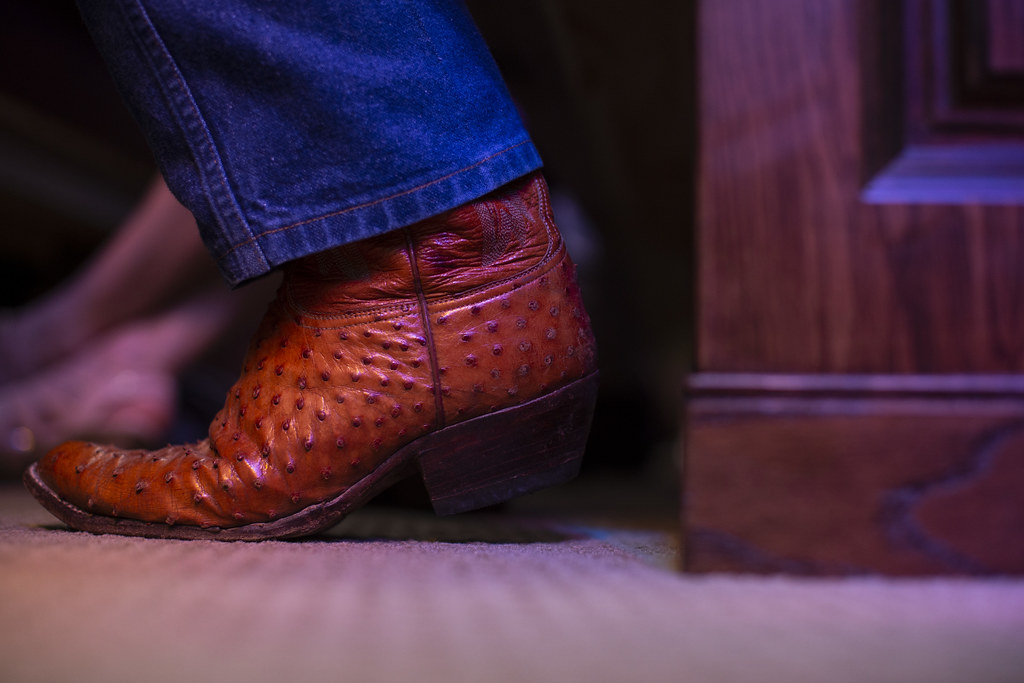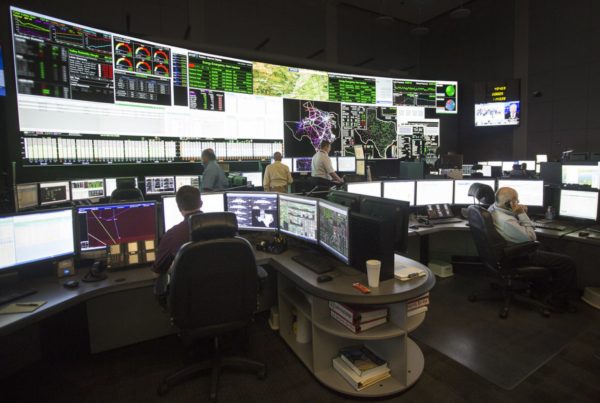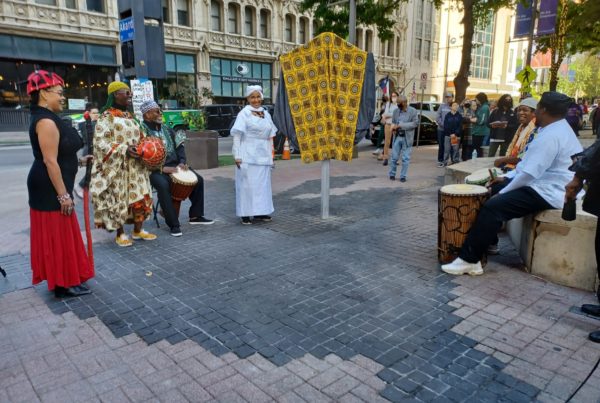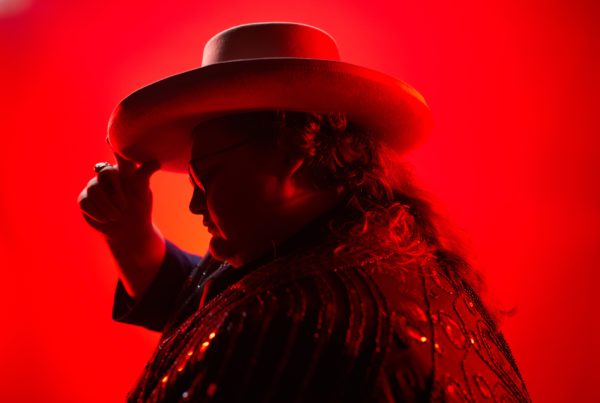Rev. Amelia Fulbright knows the stereotype of Christian leaders as having anti-abortion stances. She was taught that message growing up in Southern Baptist churches.
Now, she helps lead the Congregational Church of Austin and the organization Just Texas, which trains clergy members to advocate for progressive issues, including abortion access.
She spoke with Texas Standard about her journey towards new understanding on this issue and what she wants other Christians to consider. Listen to the interview in the player above or read the transcript below.
This interview has been edited lightly for clarity.
Texas Standard: Are you hoping to make some change within the church itself when it comes to the issue of abortion?
Rev. Amelia Fulbright: Absolutely. You know, just talking about sexuality and our reproductive lives, it’s taboo in a lot of churches. There’s a lot of shame and stigma around these issues, especially abortion. And we are really interested in changing the conversation around abortion in Texas, and we think a lot of that begins in our churches.
Let’s talk a bit about your own journey to becoming a minister. Were you raised in a religious household? When did you decide you wanted to be a pastor?
I was. My parents were actually missionaries in Zambia, so I spent part of my childhood overseas and then grew up in Southern Baptist churches where, you know, we had sanctity of life, really, anti-abortion Sundays. So this is – I’ve been on quite a journey around this issue to get to where I am today.
Why do you support abortion access, from a religious standpoint?
I think there’s a lot of controversy, first of all, around when personhood begins. And I just want to say, first of all, that the Bible is not definitive on that topic. But what the Bible does talk a lot about is the dignity of all people. And we believe that extends to pregnant people and the autonomy that we believe every pregnant person ought to have over their own body. You know, we believe that pregnancy and bringing a new life into the world is really sacred. But if it’s not chosen by the one who’s bearing the new life, then it can really be a violation of the dignity and the sacred conscience of that person.
What kinds of programs and resources does Just Texas provide, and who’s part of that community?
Just Texas is a growing community of local congregations and clergy and activists. One big thing is we’re really trying to equip local churches to have these difficult conversations around reproductive freedom in their churches so that then they can move outward and speak more boldly and confidently about these things in the public square, and including down at the state Legislature and in their choices in the voting booth. We really feel like we can turn the tide against the hateful, anti-choice legislation that we’ve seen in recent years in Texas.
What would you say to a someone in a Christian congregation who might say abortion itself is hateful?
What I want to say is that I really respect the right of anyone to never choose an abortion for themselves. But the truth is that the idea that abortion is always an act that’s sinful or the taking of another life is a sectarian view of one particular type of Christian. And I think it’s wrong to impose that view and law on all other Texans or all other Americans. So some of this is about a separation of church and state. And I really think that a person can be personally anti-abortion but still support choice for their fellow citizens. And, actually, I think that’s really important for us to do as people of faith.














